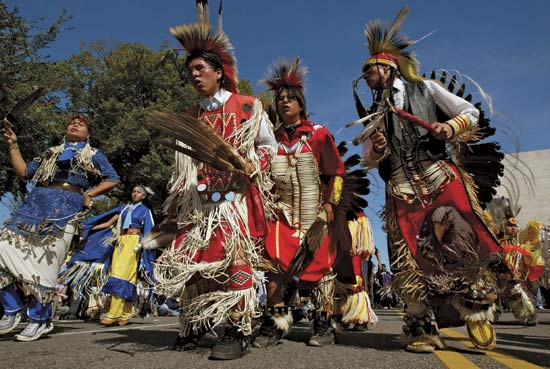Tribal members weigh economic and cultural implications of cannabis

As indigenous tribes in Washington legalize cannabis for both social and medicinal use, Native Americans praise the economic benefits but question the cultural impact.
After state voters legalized social cannabis, some Native leaders said they were forced to do the same and avoid conflicting with state legislation.
Twelve of 29 federally recognized Native Nations in Washington have compacts which cleared the way for the sale of cannabis on their land. Eight more tribes are awaiting approval to begin producing the plant.
Tribes would have the power to set rules, regulations, and the mandatory state excise tax which charge non-Native customers off-reservation prices.
Tribal opinion varies whether cannabis causes conflict with reservations becoming alcohol and drug-free, or if the plant possesses enough medicinal and economic value to justify its legality.
“All plants are sacred,” Robert Upham, a Dakota ledger artist told Indian Country Media Network. “…If you have bad intentions in mind, then using it is unhealthy. If you have good intentions in mind, then using can be good.”
Deborah Parker, former vice chairwoman of the Tulalip Tribes, told Indian Country Media Network she would like to see tribes move toward other forms of economic development.
“My thoughts: We are taught not to abuse medicinal plants. A way to honor hemp would be to use hemp for lotions, healing, housing, and other ways, to honor the uses of the plant,” Parker added.
Aaron Thomas, former chief of staff for the Lummi Indian Business Council and owner of a business management and marketing consulting firm, told Indian Country Media Network, “I think we need to have an honest discussion about cannabis as a people, but I don’t see it on our annual [Lummi] General Council agenda. Personally, I think the use of marijuana as a commodity for making products (rope, oils, etc.) is what our people would agree on. We have such an epidemic of addiction here, that on a message standpoint, we probably won’t ever endorse the selling of it for recreation. Medically, however, would be good, I think.”









